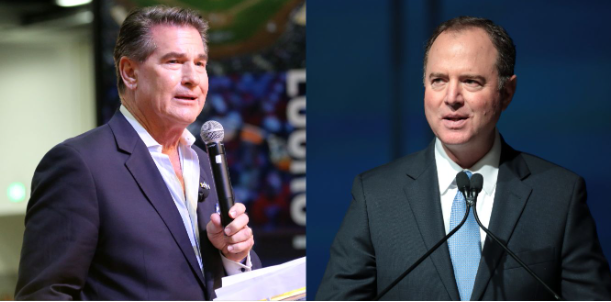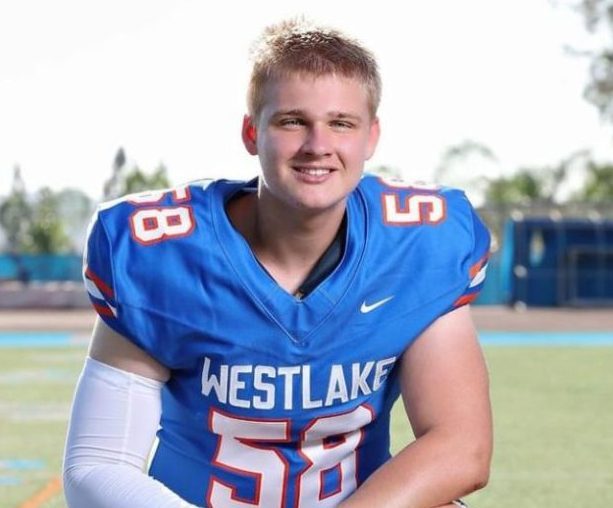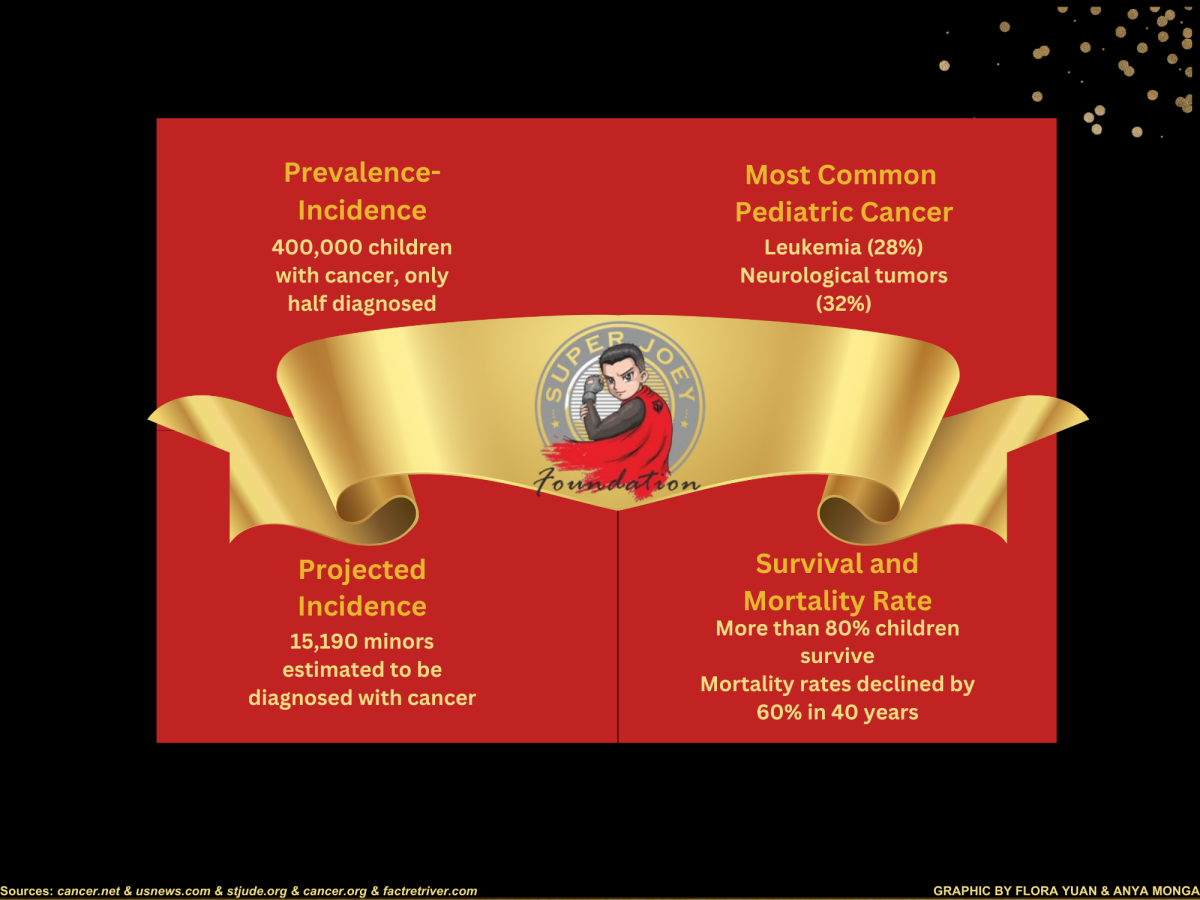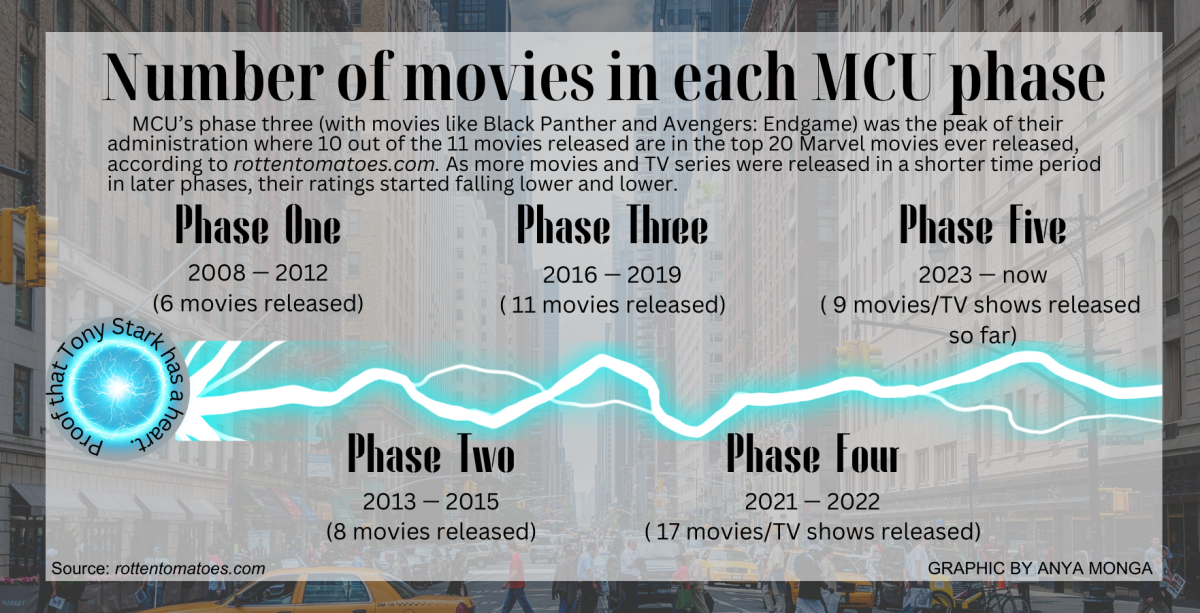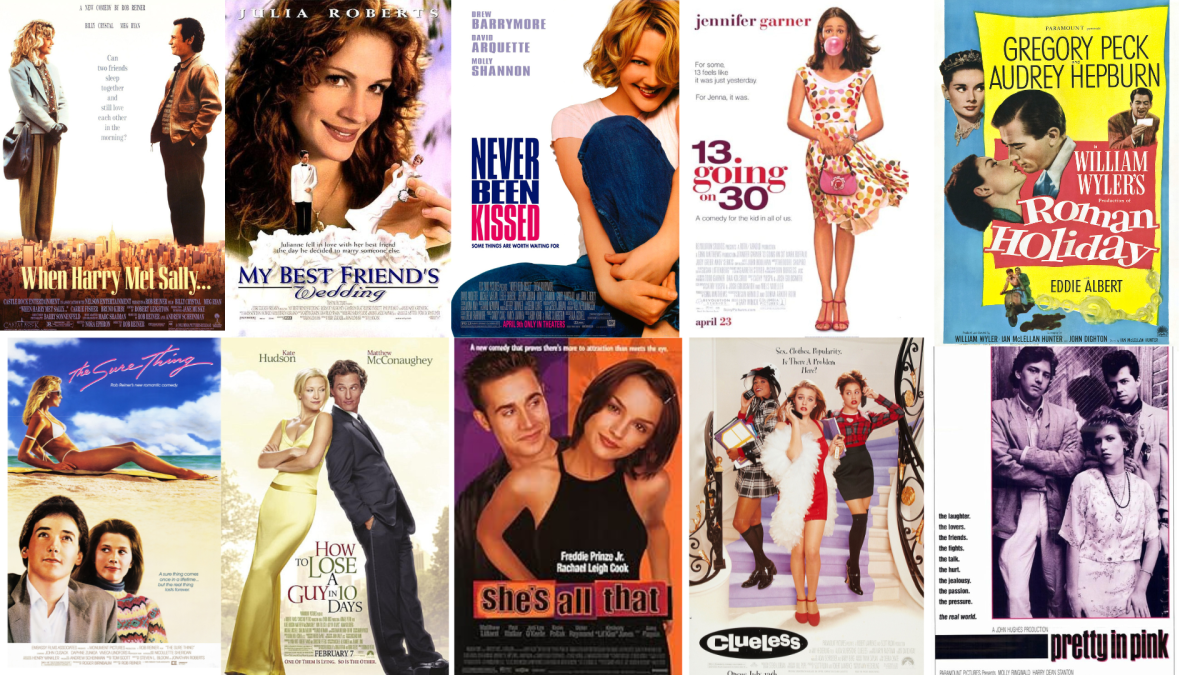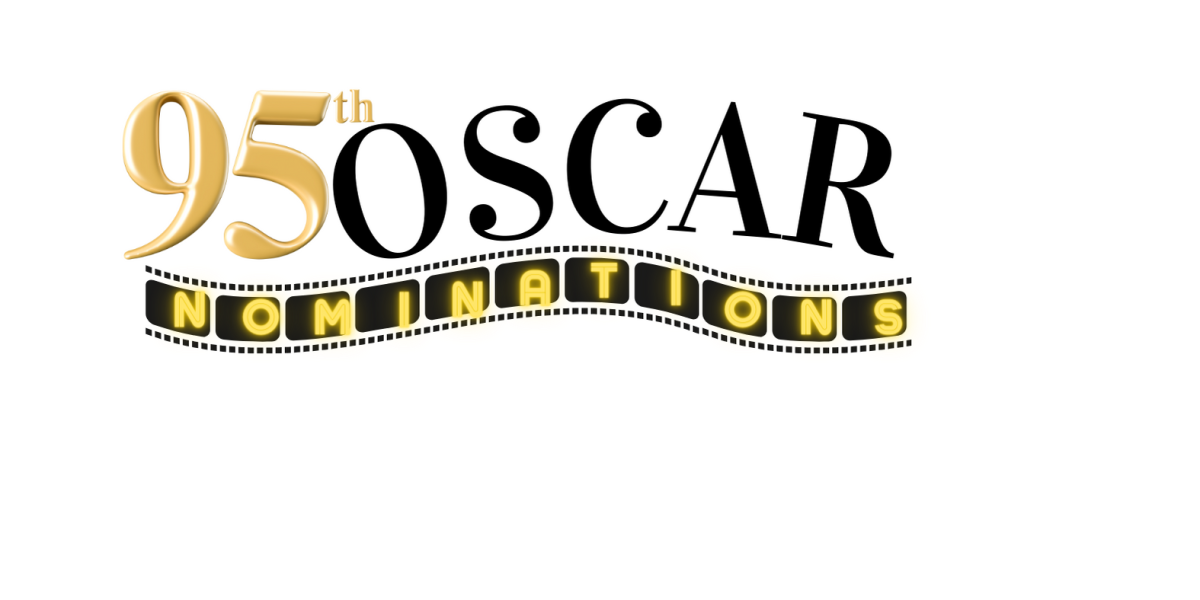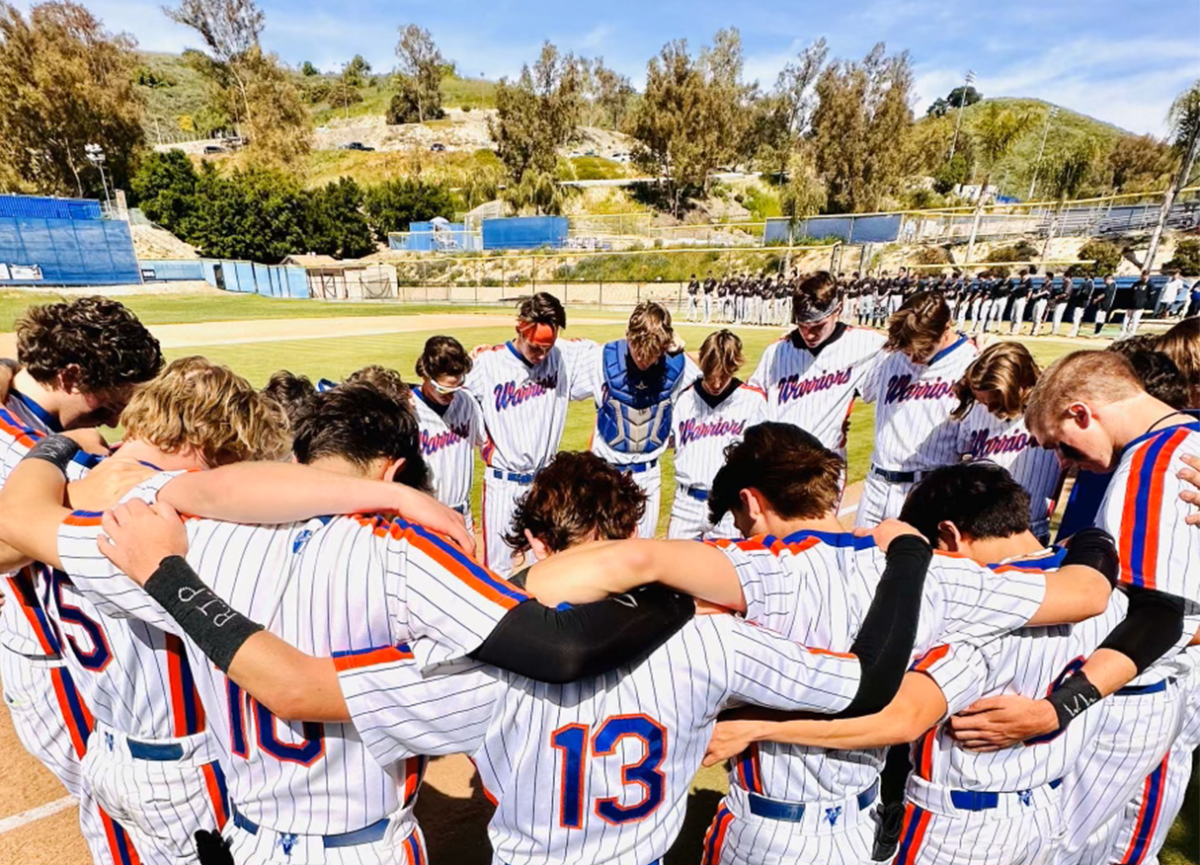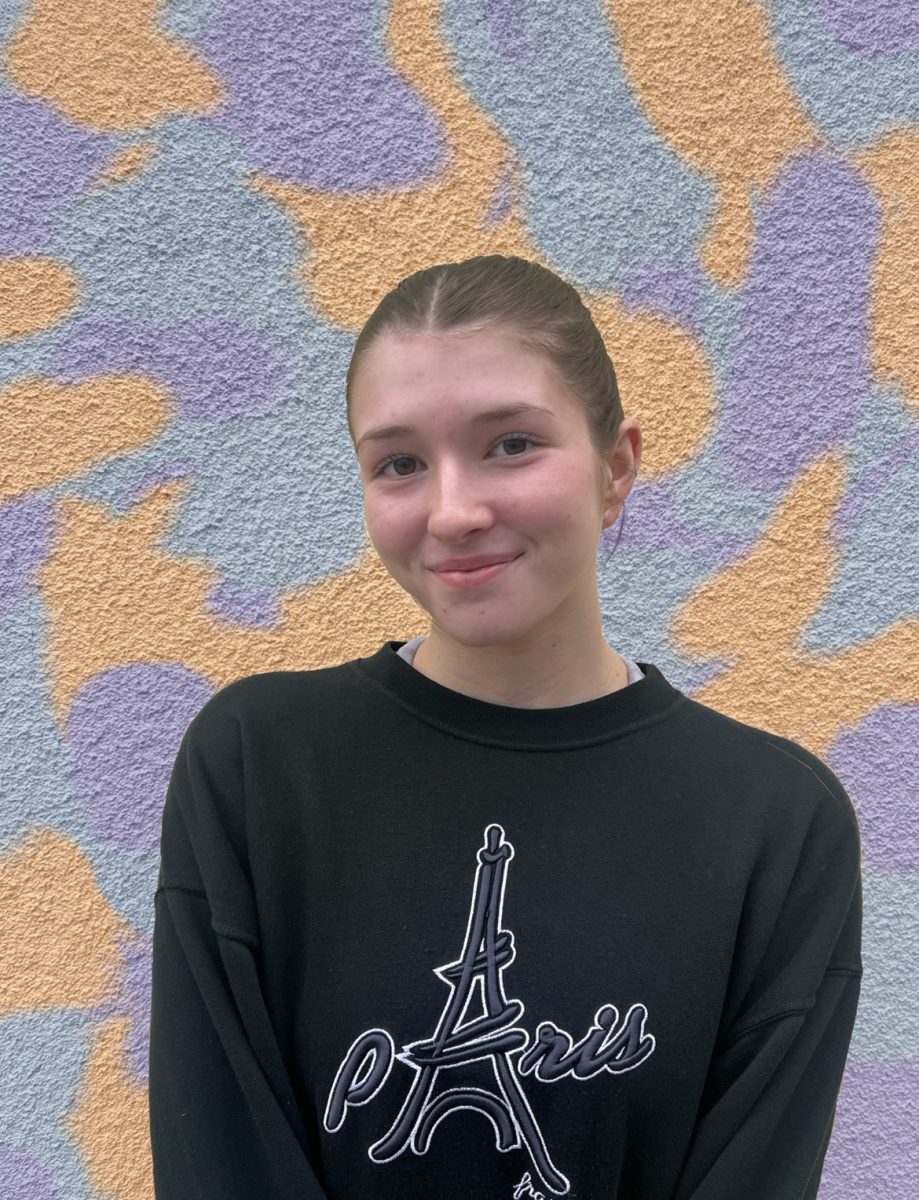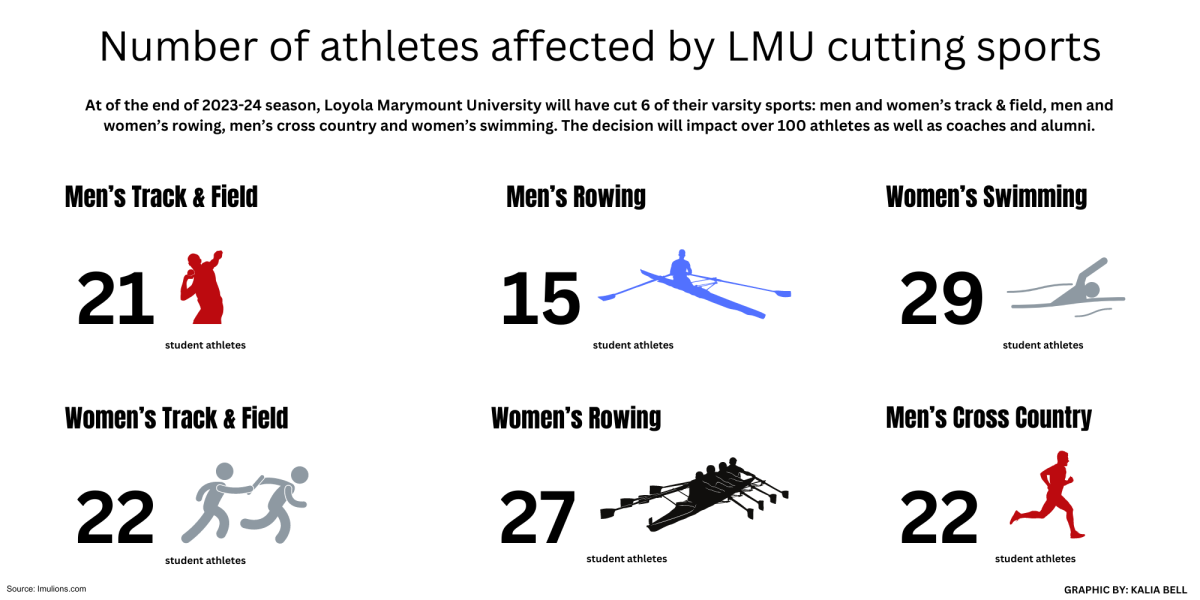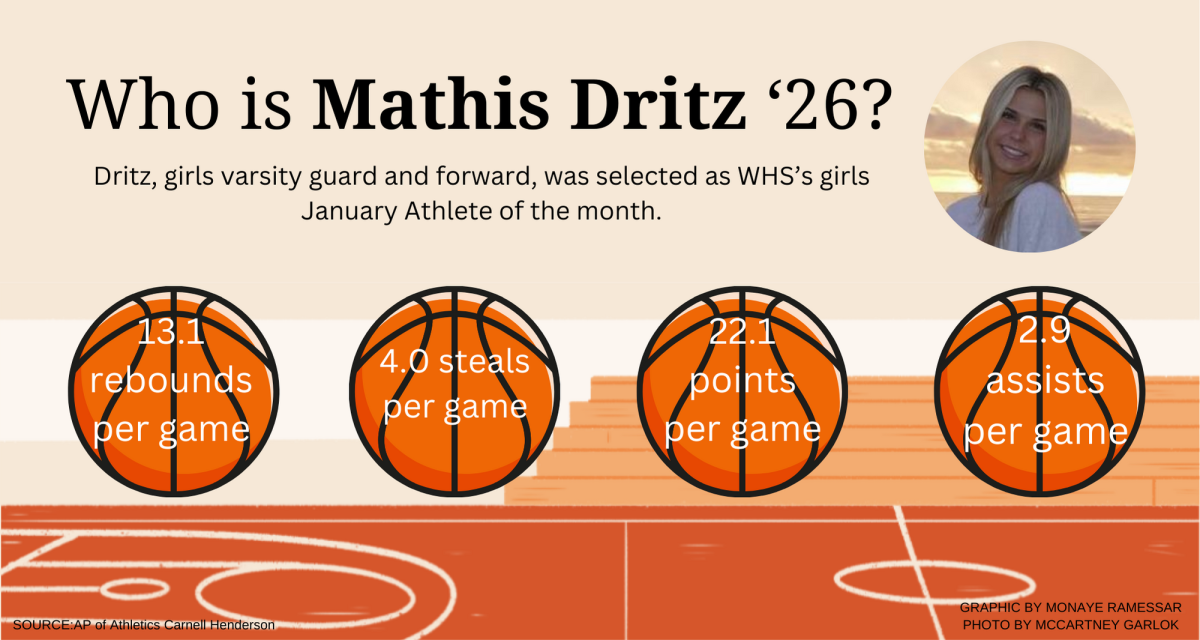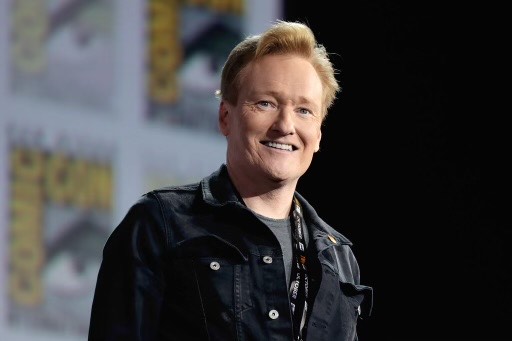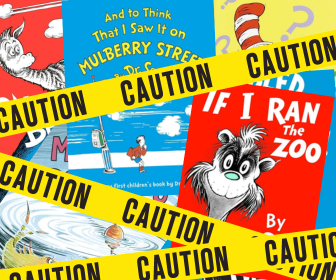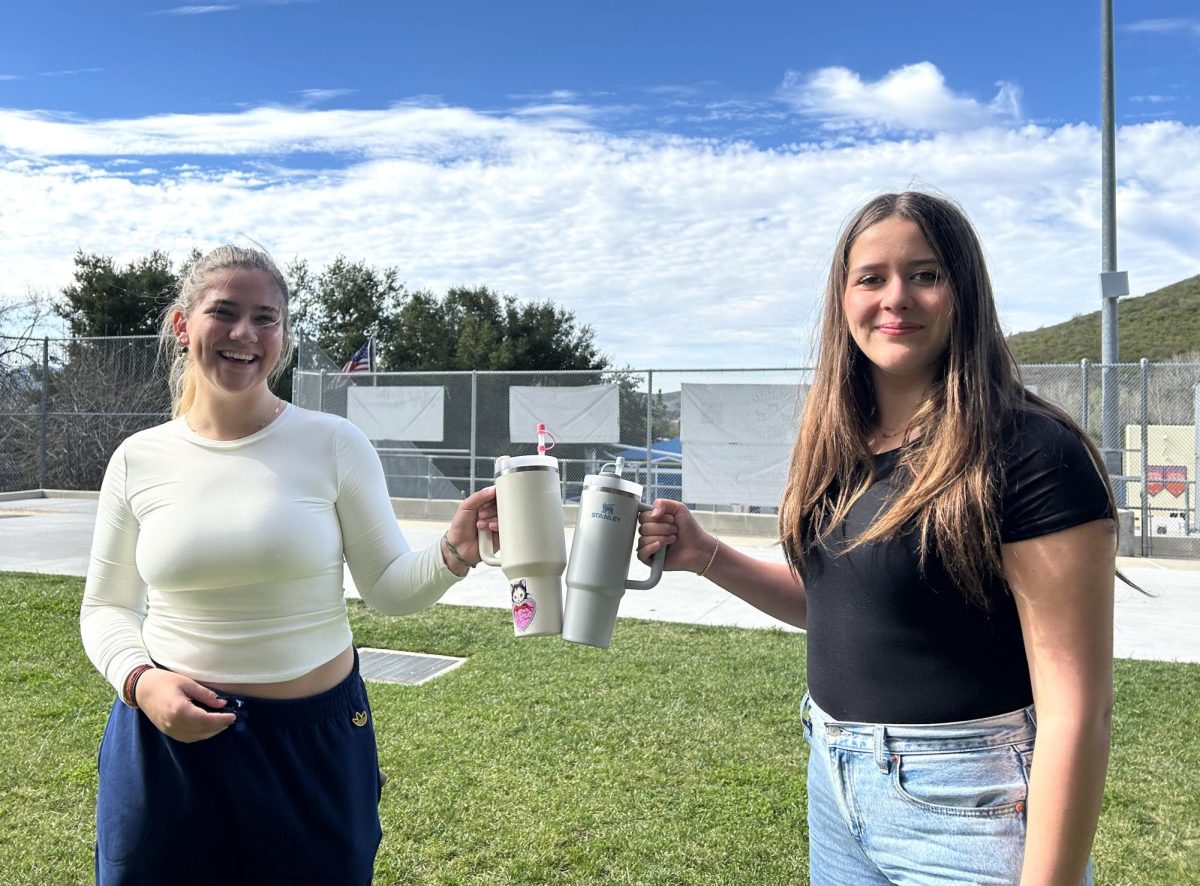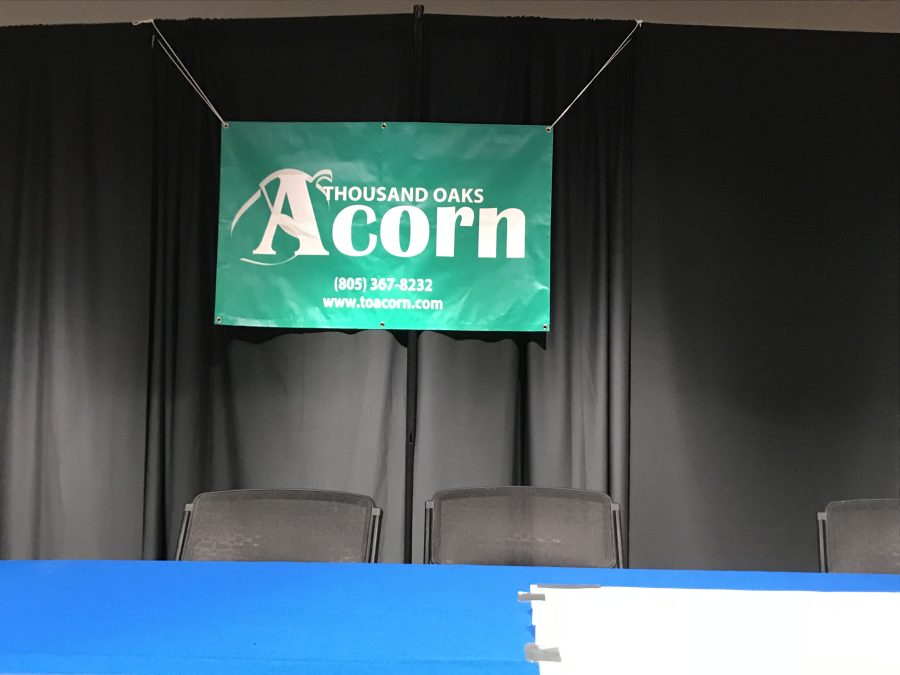Megan King ’19 & Milla Wu ’19
On Thurs., Oct. 25, Thousand Oaks Acorn hosted a forum at Goebel Senior Adult Center featuring the Conejo Recreation and Park District board of directors candidates and the Conejo Valley Unified School Board trustee candidates.
John Loesing, editor of The Acorn newspapers, and Kyle Jorrey, editor of the Thousand Oaks Acorn, mediated the forum.
The Acorn asked group and individual questions to both CRPD and CVUSD candidates. The CRPD candidates in attendance (in order of seating) were Nellie Cusworth, Doug Nickles, Susan Holt, John Short and Chaise Rasheed. The five candidates are competing for three spots. The school board candidates in attendance (in order of seating) were Dr. Amy Chen, Angie Simpson, Mike Dunn, Jenny Fitzgerald, Cindy Goldberg, Marlon Delano Williams, Bill Gorback and Patrissha Rose Booker. The eight candidates are competing for three spots.
Part 1: CRPD candidates
In the CRPD opening statements, each candidate had one minute to introduce themselves and explain why they were running and their platform.
Cusworth, a 38 year resident of Conejo Valley, explained that she is “trying to make history here in Conejo Valley as being part of the Conejo Rec and Park.” As an individual whose family has “benefitted significantly from all of the activities here,” Cusworth wants “to be part of making this community as good for my grandchildren and future families and families here now as it has been for us.”
Nickles discussed his desire “to reinvest [his] time back” into the park district and create a “collaborative effort with different agencies and the organizations that we have here and blend it all together.” His extended family lives in the area, and the park district has been a part of his family members’ lives for “many, many years.”
Incumbent Holt explained her involvement with various activities working with the park district before serving on the board, including facilitating buses from Thousand Oaks to the Hollywood Bowl and directing the Oak Leaf music festival. She also serves on several ad hoc committees, including the finance committee.
Short, a financial advisor with a degree from CLU, has “first hand experience” with the CRPD from previously serving as a director. He said as chair of the Financial Review Committee in Thousand Oaks, he understands “how to balance the needs of the community while being physically responsible.”
Rasheed is a 19 year resident of Thousand Oaks and is a member of the Citizens’ Transportation Advisory Committee. He said that he “understands how precious our environment is” and is running because “of climate change and how it will affect our parks in the future,” among other reasons. If elected, Rasheed promises to be “a fighter for this district.”
The first general question asked was about the candidates view of “the current state of … the Conejo Creek Dog Park and the three off–leash areas” and if they would add grass and irrigate the area.
Cusworth explained that before deciding to irrigate the three areas, CRPD would “need to look at maybe other communities and other cities that have had irrigated parks or have had different types of drought–tolerant grass in there.”
“We need to work together to solve this problem,” said Cusworth.
Nickles said that as a former pet owner of a Golden Retriever, “the dog parks were very helpful.” He said that he recognizes the challenges presented to pet owners of having a dusty, dirt park, but that the turf would be “a challenge to maintain.”
“I watched the Waverly Park start out with grass and gradually turn into dirt,” said Nickles. “You have to look at what the options are, … like decomposed granite [or] synthetic turf. Those types of surfaces can irritate their paws.”
Holt noted that “this has been a major concern” recently. While the CRPD is “sympathetic to the concept of off–leash dog parks,” there are lots of issues involved in providing irrigation to the parks.
“We’ve tried other products … and nothing seems to be really the perfect answer,” said Holt. “It’s a difficult issue, and our staff and our ad hoc committee are working with the residents to solve some of the problems, but it’s not an easy one.”
Short started off by explaining that this was a “challenging question [with a] challenging answer.” His previous experience running a baseball program with “500 kids running across turf” showed him that turf can be a challenge, especially with “smaller, confined spaces for dog parks.”
“Yes, I would support [adding turf and irrigation], with the caveat of trying out [grass at] one of the three locations and working closely with the residents because there is a concern of what happens if the park does not work with grass in a small location with dog waste and such,” said Short. “What’s the next step [if that happens]? … [So] I would be in favor of turning at least one of the dog parks into grass, monitoring that to determine if it is feasible.”
Rasheed said he believes “where there’s a will, there’s a way.” He explained that “dogs are our constituents too” and that he would like to see a pilot program test out making “turf work.”
“We’ve got to really work with the residents,” said Rasheed. “We have to collaborate with them. We have to hear them because they are the district, and we’re the directors… We have to make things work for them as much as we possibly can.”
The following question asked the candidates their positions on the weed–killer Roundup use and whether they would support an “all out ban” of its use by CRPD.
Nickles explained that this is a “hot topic” requiring further exploration. He mentioned that there are now a wide variety of other options in place of Roundup.
“I know Roundup has been used as a key component … to keep the weeds and unwanted vegetation to a minimum,” said Nickles. “If it is an option to find some alternatives whether it be organic types of materials … I think we need to move in that direction.”
Holt said that the issue has been “up in front of us for a few years,” but the use currently is only in “very limited situations.” She continued to say that the use might be nearly discontinued.
“The whole concept was to limit it as much as possible,” said Holt. “I know we’re all concerned … The staff is really, really concerned about [Roundup and its issues], and so are we on the board. I think it’s going to be, if not totally disused, very little use for it in certain areas.”
Short said he agreed with a lot of the answers by the panel so far, saying that the issue with Roundup is now “a national issue, with many more lawsuits coming from that product.” He supports eliminating its use and elaborated that he would like to visit other park areas in California to find possible solutions.
“What I would do is visit other districts within Southern California or even Northern California and ask what they’re using,” said Short. “In addition to that, I would talk to some of the nurseries. We have a tremendous amount of nurseries within Ventura County, and … [I would] ask them what they would recommend because this is a national issue and a national concern. I would be in favor of eliminating that product since there is actual harm to not only humans, but wildlife and pets.”
Rasheed is “100 percent in favor of eliminating Roundup” since the World Health Organization has “said it is toxic.”
“We’ve got to protect our CRPD workers,” said Rasheed. “We’ve got to protect our residents in our parks. We’ve got to protect their pets, and we’ve got to protect our wildlife. It’s a no brainer for me.”
Cusworth said “the key word here is ‘limited situations.’” She discussed finding alternatives that also could be used to prevent invasive plants or keep the parks “clean and green,” possibly consulting California’s national parks.
“As far as it goes on whether Roundup is poison or not — and it is poison — it’s something that we have to really take into consideration where there’s going to be a lot of people and pets,” said Cusworth. “One thing we can look to is our state national parks. The whole Santa Monica mountains [area] is run by our state national parks, … and they have very definite rules and laws regarding Roundup.”
After three other questions, Loesing and Jorrey asked each candidate a specific, individual question.
“The Acorn’s never shied away from the tough questions, and we don’t want to tonight,” said Loesing. “Our candidates have been alerted to this next session because we do want to ask individualized questions to these candidates… We do want to use this segment to direct candidates an opportunity to be fully transparent.”
Nickles was the first candidate to answer an individual question; his question asked if he was using the Rec and Park as a stepping stone to city council, because before Nickles decided to run for the park board, there “was talk that [he] might be running for the Thousand Oaks city council,” or if CRPD is “truly where [his] passion lies.”
Nickles responded saying that he has a background in forestry and a passion for open space. He also explained the crossover between the city and the park district is helpful.
“I’ve never lost that passion,” said Nickles. “I do have a passion for city government. I’ve worked in city government for thirty years, so I understand that. But I see that as an opportunity to cross over with the park district and the city and the school district and interact as a group because we do serve the same constituents.”
The Acorn’s individual question to Holt first thanked her for her 24 years of service but asked if it has been “too long,” elaborating that two of her board colleagues, Joe Gibson and Ed Jones “opted to step aside this year, giving a new crop a chance to serve.” Jorrey asked why she thought voters should elect her another term, her seventh one.
Holt responded that voters should elect her again because “[she’s] done a good job.” Holt said that “there should be some continuity on the board” instead of “all new people or a lot of new people,” clarifying that she still was impressed by everyone on the panel.
“I’m on the finance committee, I do Coalition for Youth and Families, … so I’m kind of entrenched,” said Holt. “I have a lot to contribute, and I will say, a lot of the comments tonight from the other [candidates] have touched on issues that we [the CRPD] are already dealing with … I welcome other opinions as well. But we’ve dealt with a lot of these issues already”
Short’s individual questions asked him what has changed since he last ran for CRPD and lost. Essentially, why would voters vote for him this time?
Short explained that when he ran for re–election eight years ago, “there was a very formidable candidate,” Ed Jones, he lost to. Jones, retired, had the opportunity to campaign more than Short who was working as an investment banker, said Short. However, this year, Short feels that he is more prepared.
“I’ve done a lot of things in the community since then,” said Short. “I’ve never given up my passion to serve in the community. You know, I’ve chaired the investment review committee for the city of Thousand Oaks, I put on the 50th anniversary parade with 25 board of directors, I went out and solicited.”
Rasheed’s question asked about what real world experience he has to show voters he would be an effective member of the board, given “the highly qualified field of candidates,” even though “no one can deny [his] passion for the city of Thousand Oaks.”
“Frankly, do you think your resume holds up?” continued Jorrey.
Rasheed responded that he does feel his resume holds up. He continued by saying that he was appointed by the City Council to the Citizen’s Transportation Committee and that his customer service background makes him a good communicator.
“I have a customer service background,” said Rasheed. “I know how to talk to people, I know how to make decisions [and] I know how to organize things. People look at customer service a lot of times like its grunt work …. I’ve had some very tough bosses, but I’m glad they put me through the wringer because it’s made me stronger … The type of person I am, it speaks to my character …, so that’s what I bring.”
Cusworth’s question asked her about how she had originally planned to wait until after her retirement from her current job in 2020 to run for CRPD board, but “felt compelled after it became clear that there would be open seats.”
“Given your original reluctance to run in 2018, why should voters believe you are still the best candidate for the job?” asked Jorrey.
Cusworth answered that she is “passionate for the parks.” She continued to say that she was going to wait until retirement because she was working full time as a teacher and “this is adding something else to [her] plate.” However, she said that “it would be obvious to anybody, that when there’s going to be more open seats on a board, that it might be a good time to run.” She also wants to “make these parks great” for her five grandchildren.
“People who are on the board sometimes stay for a really long time,” said Cusworth. “I wasn’t really interested in running against incumbents. Not just because it would be more difficult, … but because I may not win … Am I any less of a person now when I’m three years younger [than in 2020]?”
Each candidate had one minute to give a closing statement.
Nickles wanted to “reemphasize [his] desire to be on the board” and explained his experience – being involved in city government and municipal government for 30 years, working with the fire department and his subsequent knowledge about safety, being on a planning commission.
“I have invested interests,” said Nickles. “I have, like I said, grandchildren all the way up to a mother–in–law that’s in town here. So I want to continue to use what we have benefited from, what I know, what I have experience in with my resource management background and the background that I offer, to bring that to the park district board and … work with board members and effectively continue what we have here.”
Nickles ended his closing by discussing the need for continued cooperation with other agencies to “maximize the funding that we have available.”
Holt started off by acknowledging how great CRPD is, saying it is a “wonderful organization with great collaboration between the board members and the staff.” She continued to list some of the organizations the CPRD works with, including California Lutheran University and the school district. Additionally, she discussed the work she’s been involved with, such as the Coalition of Youth and Families.
“There’s a lot going on,” said Holt. “ I couldn’t be happier with the [CRPD].”
Short said that his experience serving in this position earlier helps him understand the need to be physically responsible while providing the community with safe parks, hiking trails and other recreational amenities.
“I’ve chaired many different events since my last serving on the park board,” said Short. “I have several community leaders that have endorsed me, including Mayor Fox [and] Mayor Pro Tem Rob McCoy [among many others].”
Rasheed said “it’s been an honor to be here.” He explained that as a child, he never had a backyard, so the parks were his backyard.
“That was where I played and rode my bike, was in the public parks,” said Rasheed. “I believe that we should all view public parks as our backyard. The Conejo Valley is our backyard. You have the Santa Monica Mountains out there, you have all these beautiful parks and open space, so let’s treat it as our own backyard. Let’s keep it thriving, let’s keep our recreational programs thriving, let’s soar to new heights.”
Cusworth explained her “passion for our parks” and for “the history in this community.” She explained that as a mom, she’s used all the parks and her kids have benefited from them and the recreational programs in Conejo Valley.
“I really have a passion for the history in this community, for the arts council in this community that benefited my family,” said Cusworth. “I’m also interested in what you are interested in. I want to be your advocate. I want to be the one that will listen to you. As I said, being a school teacher for so many years, the one thing I know how to do is collaborate with people, to bring people together.”
Part 2: CVUSD school board candidates
The forum included a rule which stated that if a candidate was mentioned by name in another candidate’s response, the mentioned candidate could speak in a 30 second rebuttal.
During the question regarding the 6161.1 core literature book policy, Simpson responded to Fitzgerald’s and Goldberg’s response before answering the question for herself which let Fitzgerald and Goldberg have the opportunity to each give a rebuttal.
In Fitzgerald’s original response, she explained that her lack of support of the policy does not stem from her lack of support of an opt–out policy.
“None of us up here, that I know of, think that [an opt–out policy] should not be an option,” said Fitzgerald. “In fact, it was already an option, and in fact, we had a committee of dedicated teachers who came to … formalize a policy — and as an attorney, I’ll tell you — I’m super in favor of written formalized policies … Those teachers were completely set aside, so the one board member could push it through, and then amendments were pushed through in violation of the Brown Act which guarantees our open meeting policies.”
In Goldberg’s original response, she explained that 6161.1 has consumed an “inordinate” amount of time and has caused a decrease in teacher morale.
“I’ve been here for a long time,” said Goldberg. “I am the personal victim, if you will, of school closure. I haven’t seen the morale in this community at the teacher level as bad as it is.”
Goldberg continued to say that “there is no divide between parents and teachers,” and that she would like to see the original policy “that the teachers crafted.”
Simpson started her 1 minute and 30 second time by responding to both Fitzgerald’s and Goldberg’s responses.
“I’m actually first going to respond to Mrs. Fitzgerald,” said Simpson. “I also want to comment to Cindy Goldberg.”
To Fitzgerald, Simpson explained that in her experience, there never was a formal opt–out policy.
“I was a teacher, I passed out syllabuses,” said Simpson. “I was an English teacher at Thousand Oaks High School and Westlake High School. I was never informed of an alternative assignment policy. I was never given any sort of guidance about how to add that notation to the bottom of the syllabus, so there really wasn’t a formalized alternative assignment policy until just recently.”
To Goldberg, Simpson explained that low teacher morale cannot be attributed to the book policy because it is an issue bigger than Conejo Valley.
“I also want to comment to Cindy Goldberg because I’ve heard her say it twice about teachers’ morale here in the Conejo Valley is at an all time low, and after she said it the first time, I actually got this magazine [Simpson holds up a Time magazine issue and reads off the cover] that ‘I have 20 years of experience, but I can’t afford to fix my car, see a doctor for headaches or save money for my child’s future,’” said Simpson. “This is a national epidemic of morale, so I don’t think it can be pinned on the book policy.”
After Simpson finished responding to the question and the rest of the candidates responded as well, Fitzgerald and Goldberg were able to give a rebuttal.
Fitzgerald said in her rebuttal, again, that she was in favor of codifying an opt–out policy because of her profession, but felt like key stakeholders needed to be involved.
“So there’s a pattern of certain candidates up here repeating things over and over and over that sound really good in order to get votes,” Fitzgerald. “But what I actually said was there was an opt–out policy, and there was a request to formalize that policy, and I specifically noted in that response that I was in favor, in general, because of my profession of written policies, formalized policies, but I’m also in favor of involving key stakeholders in those policies to ensure that they’re the very best policy that’s effective.”
Goldberg addressed Simpson’s comment about how low teacher morale is a nation–wide issue by explaining her personal experience talking to teachers daily.
“I know it’s a national epidemic; we get Time magazine, but I talk to teachers every day,” said Goldberg. “The fact that they wanted, just like the board, to codify a practice so that it was a more robust alternative assignment that was best for kids, nobody disagreed with that. The way that this policy came about, that’s where the disagreement came. They disrespected and disregarded the teachers. I talk to them daily.”
During Simpson’s individual question, she mentioned three candidates by name: Fitzgerald, Gorback and Goldberg. The Acorn asked Simpson whether her statement that political agendas have no place in the school board contradicted her support of her “de–facto running mates” Chen and Dunn, who have made their “political positions crystal clear.”
Simpson said that she agreed with different candidates on different topics and The Acorn was false in saying she was aligned completely with any candidate.
“The fact that you’re aligning me to completely agree with that of any person up here, is definitely not true,” said Simpson. “So as a school board trustee, I’m not going to be able to agree with every single position that anybody would possibly have … So I’m not really crystal clear on your question. [Moderator interjects: “Are you not aligned with Amy and Mike?”] Am I not aligned? So, do I agree with them on some things, absolutely. Do I agree with candidate Fitzgerald and Gorback and Cindy [Goldberg] on others, yes.”
She continued by saying she thought running on a slate was detrimental to the community and that the election has become polarized as a Democrats vs Republicans issue.
“I do not like the whole slate idea,” said Simpson. “I think it’s been really destructive to our community. I think this election is completely polarized. This isn’t about who’s the best person for the job, this is about who’s on team blue and who’s on team red. And I think that that’s really sad.”
Fitzgerald then asked if Gorback, Goldberg and her could do their rebuttal because their three names were mentioned; however, in the interest of time and because it was an individual question, the moderators declined, saying that “we’re running late.” After the forum, Fitzgerald clarified in an interview with The Arrow what she wanted to say during her rebuttal.
“I wanted to give a rebuttal to that statement because people always call us [Fitzgerald, Goldberg and Gorback] a slate,” said Fitzgerald. “The truth of the matter is that we happen to be supported by a lot of the same organizations and individuals, which to me, is a really positive thing — that they see three people who they believe are going to do a good job on the board — and it’s been spun into this very negative thing.”
Fitzgerald continued to discuss her decision to be transparent about which other candidates she supports.
“The other part that bothers me is [that] we’re very open about the candidates we support and think would do the best job on the board,” said Fitzgerald. “You can hear when that [Simpson’s] question was asked [about] who individuals were aligned with, there was no answer provided. So when I hear candidates talking about transparency, but they’re not willing to answer the questions that were specifically asked, I think that that’s a sign that that’s what we’re going to get more of on the board. And that concerns me.”
